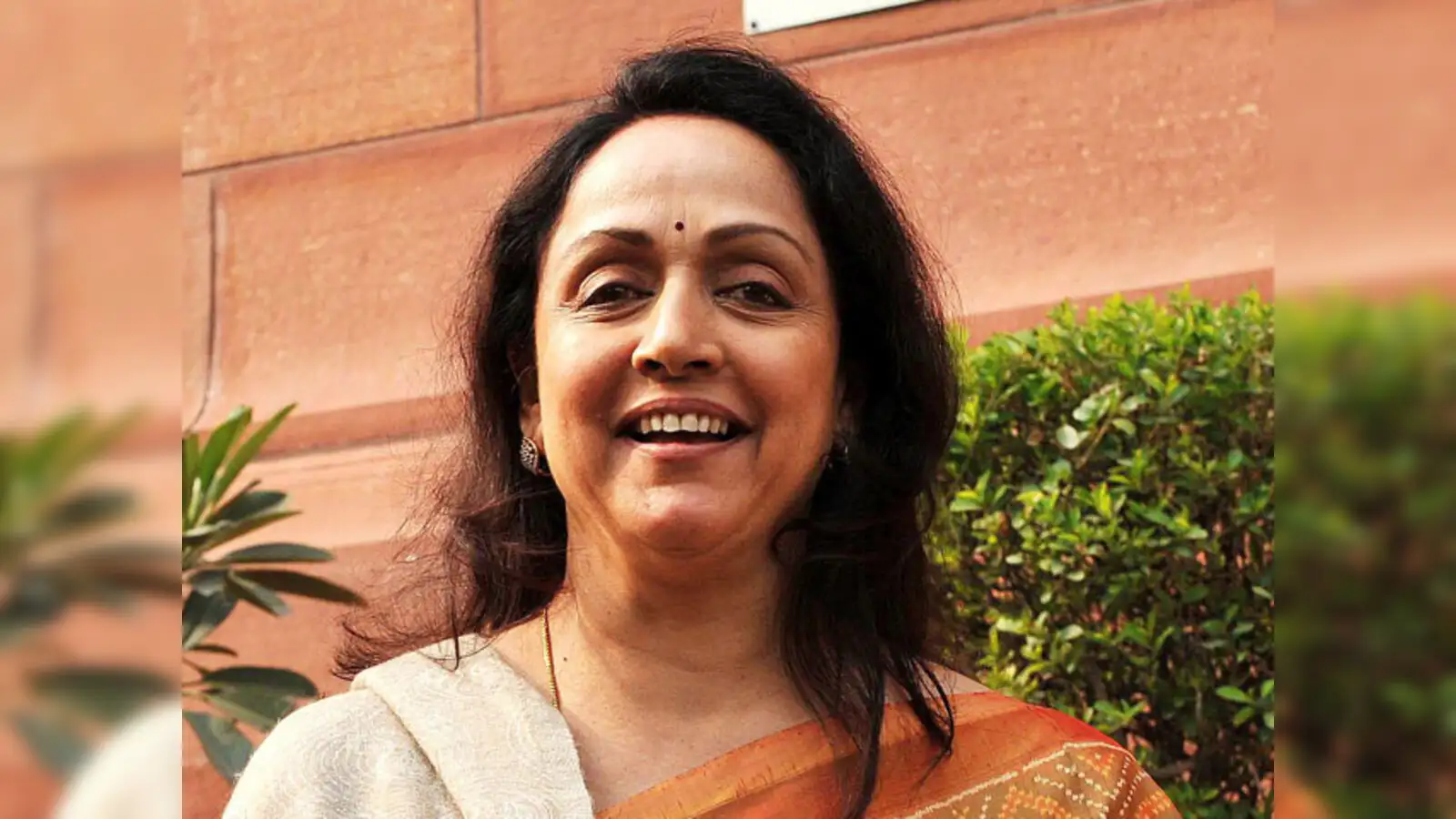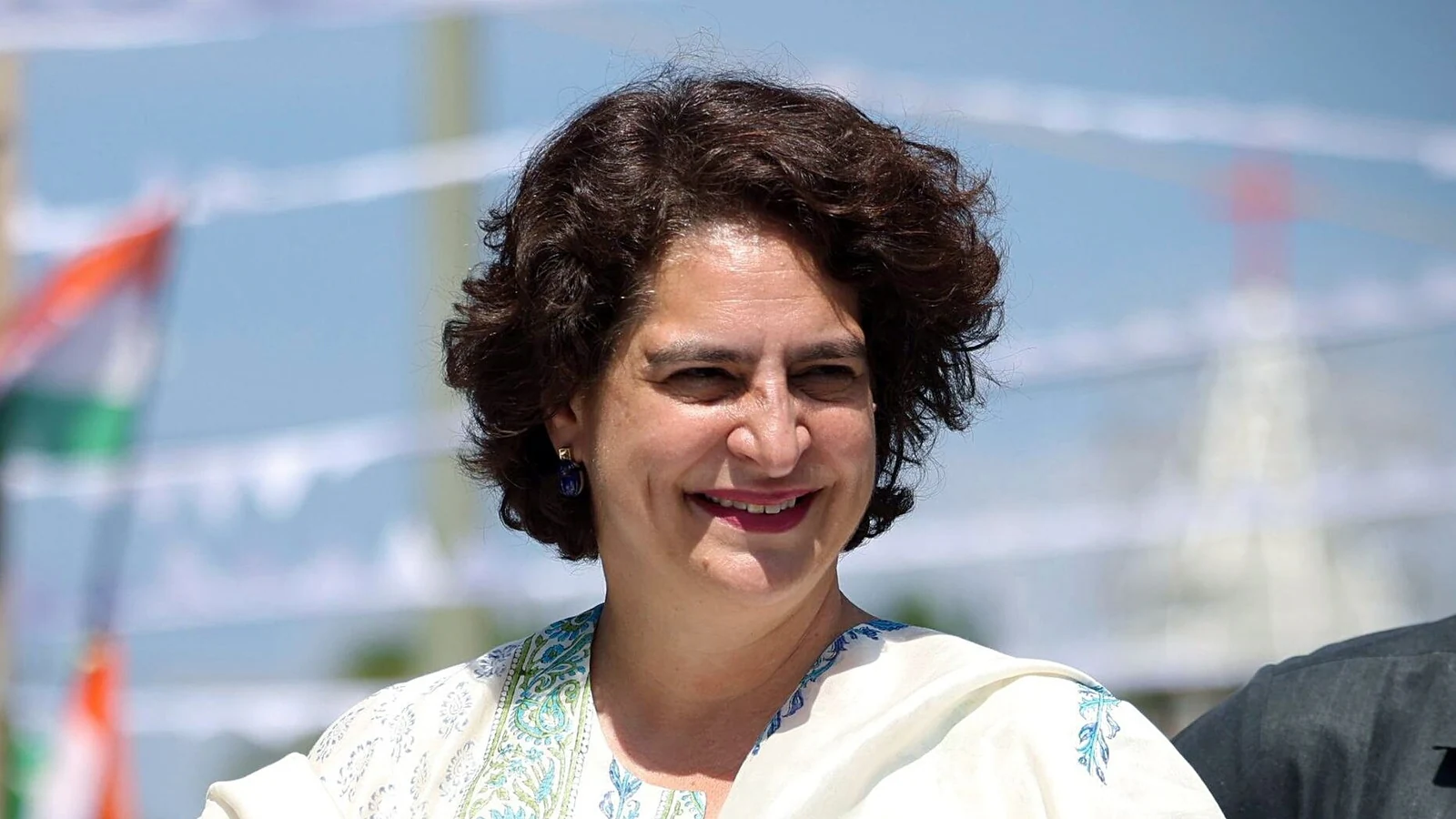The vibrant corridors of power are once again abuzz as the nation anticipates the upcoming Parliament Monsoon Session. Amidst the preparations and political strategizing, Bharatiya Janata Party (BJP) Member of Parliament, Hema Malini, has voiced a hopeful sentiment, underscoring the crucial need for uninterrupted proceedings to foster true Parliament Productivity. Her statement, “Hope there is no interruption from Opposition,” reflects a widespread desire for a session focused on substantive legislative work and national development.
The Vision for Enhanced Parliament Productivity
Hema Malini’s remarks come at a time when the efficiency of parliamentary sessions often faces scrutiny. The veteran actor-turned-politician articulated a clear vision for the forthcoming session:
- Smooth Functioning: A primary appeal for the Monsoon Session to operate without the disruptions that have, at times, marred past proceedings. The emphasis is on maintaining decorum and allowing legislative business to flow seamlessly.
- Constructive Deliberation: The core idea behind a smooth session is to enable meaningful debates and discussions on policies and bills vital for the nation’s progress. This directly contributes to the overall Parliament Productivity.
- National Interest Over Disruption: Her statement subtly urges all political parties, particularly the Opposition, to prioritize the national agenda over contentious interruptions, ensuring that the legislative machinery serves its intended purpose.
Why Parliament Productivity Matters
The effective functioning of Parliament is the bedrock of a robust democracy. When sessions are productive, it translates into tangible benefits for the citizens and the country’s governance framework. Key aspects that highlight the importance of Parliament Productivity include:
- Lawmaking Efficiency: A smooth session allows for the timely introduction, debate, and passage of crucial legislation that addresses various socio-economic challenges and opportunities facing the nation.
- Accountability and Scrutiny: Uninterrupted proceedings provide ample opportunity for the Opposition to hold the government accountable through debates, questions, and discussions, which is a vital aspect of a healthy democracy. This scrutiny, when constructive, enhances Parliament Productivity.
- Policy Implementation: The discussions and decisions made in Parliament directly influence policy formulation and implementation, impacting the lives of millions. Effective sessions ensure that these policies are well-thought-out and comprehensive.
- Public Trust: When Parliament functions efficiently and purposefully, it instills greater trust among the public in democratic institutions and processes. Conversely, frequent disruptions can erode this trust, diminishing the perception of Parliament Productivity.
Previous Sessions and the Call for Change
Looking back at recent parliamentary sessions, there have been instances where significant portions of time were lost due to protests and adjournments. While the Opposition has a legitimate role in voicing concerns and dissenting, the balance between protest and productive engagement is often debated. Hema Malini’s statement can be seen as a call for this balance, advocating for an environment where robust debate thrives without paralyzing legislative work.
- Lost Opportunity: Each day lost to disruptions in Parliament represents a missed opportunity to address pressing national issues, discuss budgetary allocations, and legislate on matters of public welfare.
- The Democratic Imperative: The essence of parliamentary democracy lies in dialogue, deliberation, and consensus-building, even amidst differing viewpoints. The call for uninterrupted sessions is a reminder of this fundamental democratic imperative for optimal Parliament Productivity.
The Role of All Stakeholders in Ensuring Parliament Productivity
Achieving the desired level of Parliament Productivity is not solely the responsibility of one party or one side of the House. It requires a collective commitment from all Members of Parliament, across the political spectrum.
- Government’s Role: The ruling party bears the responsibility of facilitating a conducive environment for discussions, engaging with the Opposition, and being responsive to their concerns within the parliamentary framework.
- Opposition’s Role: While their primary role is to act as a check on the government, the Opposition also has a duty to participate constructively in legislative processes. Disruption, when it becomes the sole tool, can be counterproductive to Parliament Productivity.
- The Speaker’s Authority: The Speaker of the House plays a pivotal role in maintaining order, facilitating debates, and ensuring that parliamentary rules and procedures are upheld to maximize Parliament Productivity.
In conclusion, Hema Malini’s appeal for a smooth and uninterrupted Monsoon Session resonates with the broader public desire for effective governance. Her focus on Parliament Productivity highlights the collective responsibility of all elected representatives to ensure that the legislative body functions optimally, delivering on its promise of progress and development for the nation. As the session approaches, all eyes will be on how this crucial call for parliamentary harmony is embraced and translated into action.
Discover more from RastriyaSamachar24x7
Subscribe to get the latest posts sent to your email.




